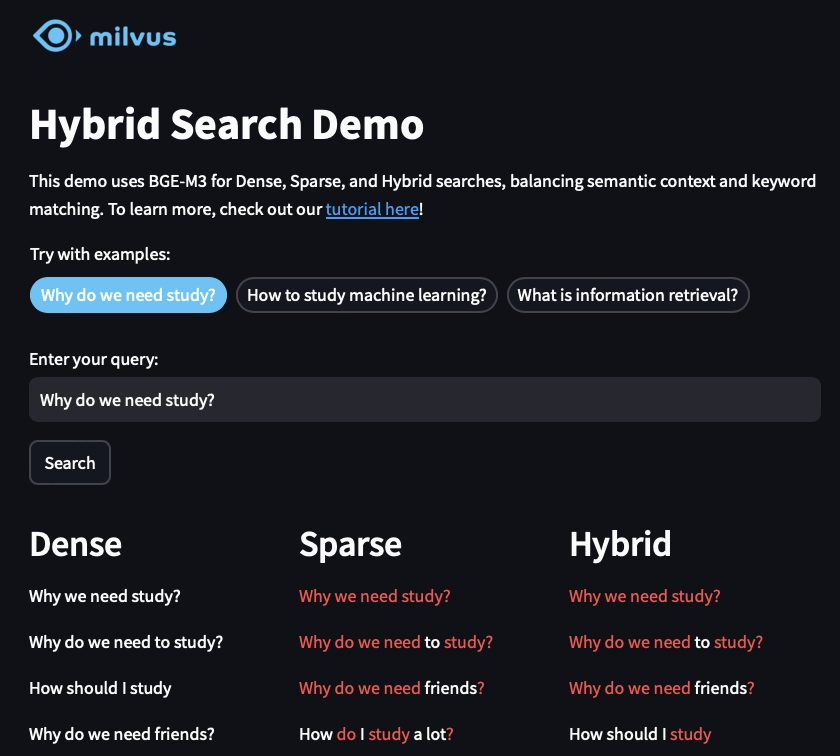Full-text search is a powerful feature that enhances the efficiency and effectiveness of data retrieval in a vector database. By allowing users to search for text within documents, full-text search provides numerous advantages that are crucial for modern applications across various industries.
One of the primary advantages of full-text search is its ability to handle large volumes of unstructured data. In today’s data-driven world, businesses often deal with vast amounts of textual information, such as emails, reports, social media content, and more. Full-text search allows users to quickly locate specific information within these large datasets, making it an invaluable tool for organizations that need to process and analyze text-heavy data.
The speed and precision of full-text search are also significant benefits. Unlike traditional search methods that may rely on basic keyword matching or manual queries, full-text search utilizes sophisticated algorithms to index and retrieve data rapidly. This ensures that users can perform searches in real-time, even when querying extensive databases. The precision of full-text search is enhanced through features like stemming, which allows the search engine to recognize different forms of a word, and fuzzy search, which accommodates typos and variations in spelling.
Full-text search also supports advanced querying capabilities. Users can perform complex searches using Boolean operators, proximity searches, and wildcard queries, which help in refining search results to match specific requirements. This is particularly useful in fields such as legal research, academic research, and content management, where precise search criteria are often necessary.
Another advantage is the ability to rank search results based on relevance. Full-text search engines typically use algorithms to score and rank documents according to their relevance to the search query. This relevance ranking ensures that the most pertinent information is presented to the user first, improving the overall user experience by reducing the time spent sifting through irrelevant data.
Moreover, full-text search is versatile and can be integrated into various applications and platforms, including websites, enterprise content management systems, customer support systems, and e-commerce platforms. This flexibility allows businesses to enhance their existing systems with robust search capabilities without extensive redevelopment.
In summary, full-text search offers significant advantages that improve data retrieval efficiency, accuracy, and user experience. Its ability to handle large datasets, provide fast and precise search results, support complex queries, and rank results by relevance makes it an essential feature for any organization dealing with substantial amounts of textual data. By leveraging full-text search, businesses can enhance their data processing capabilities and deliver superior service to their users.
